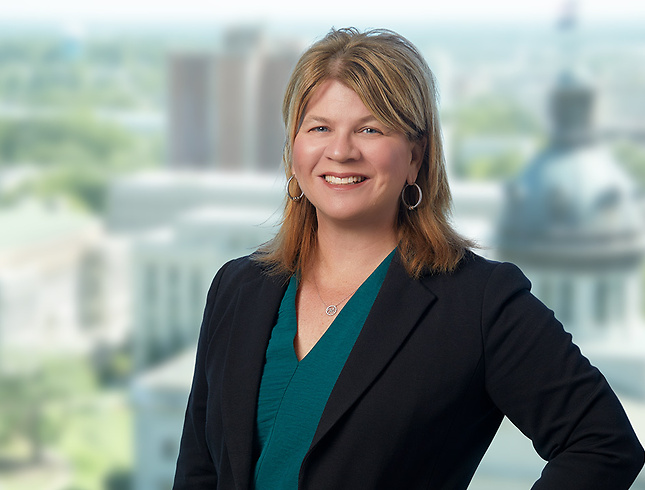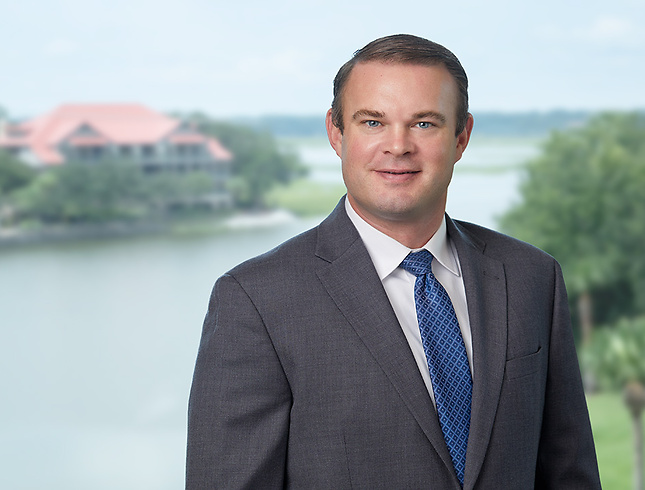Every year, U.S. employers seeking highly skilled foreign professionals submit their petitions to U.S. Citizenship and Immigration Services (USCIS) with the hope of receiving an H-1B number. Since 1990, Congress has limited the number of H-1Bs made available each year. The current annual statutory cap is 65,000 visas, with 20,000 additional visas for foreign professionals who graduate with a Master's degree or Doctorate from a U.S. college or university. However, this cap has been reached quickly in recent years.
The H-1B is a temporary (nonimmigrant) visa category that allows employers to petition for highly educated foreign professionals to work in "specialty occupations" that require at least a Bachelor's degree or the equivalent in a specialty field. Jobs in fields such as mathematics, engineering, and technology often qualify. Typically, the initial duration of an H-1B visa classification is three years, which may be extended for a maximum of six years.
Before the employer can file a petition with USCIS, the employer must take steps to ensure that hiring the foreign worker will not harm U.S. workers. First, employers must attest, on a labor condition application (LCA) certified by the Department of Labor (DOL), that employment of the H-1B worker will not adversely affect the wages and working conditions of similarly employed U.S. workers. Employers must also provide existing workers with notice of their intention to hire an H-1B worker.
In recent months, through the Buy American Hire American Executive Order and other initiatives, several changes to the H-1B program have been proposed. One major focus has been the area of third party worksites. The DOL has addressed the potential impact of H-1B visas on staffing firms using skilled foreign workers. One DOL plan would require staffing companies using skilled foreign workers through visa sponsorship to disclose clients' business names. Revealing the business names could subject the firms to contract and confidentiality issues.
Also, DOL recently proposed adding to the labor condition application for H-1B visas a requirement to list the name and address of third-party work sites, which means staffing firms' client companies could find themselves in the public limelight.
Also, following the Buy American and Hire American Executive Order, USCIS has updated its policy on a post-graduate training program for international students with science, technology, engineering, and mathematics degrees to ban their placement at third-party work sites. In addition, USCIS recently issued a new policy memorandum seeking the itineraries for H-1B workers' placements for their entire stay, usually a three-year period.
Employees should stay tuned to other potential changes to the H-1B program in the coming months.
- Partner
Melissa Azallion Kenny is the Chair of the firm’s Immigration practice group. She has more than 20 years of experience advising clients on business immigration and labor and employment law issues. Ms. Kenny represents clients in ...
- Partner
Jon Eggert has experience assisting and advising clients on business immigration and labor and employment issues in a wide range of industries, including higher education, healthcare, hospitality, and manufacturing.
His ...


